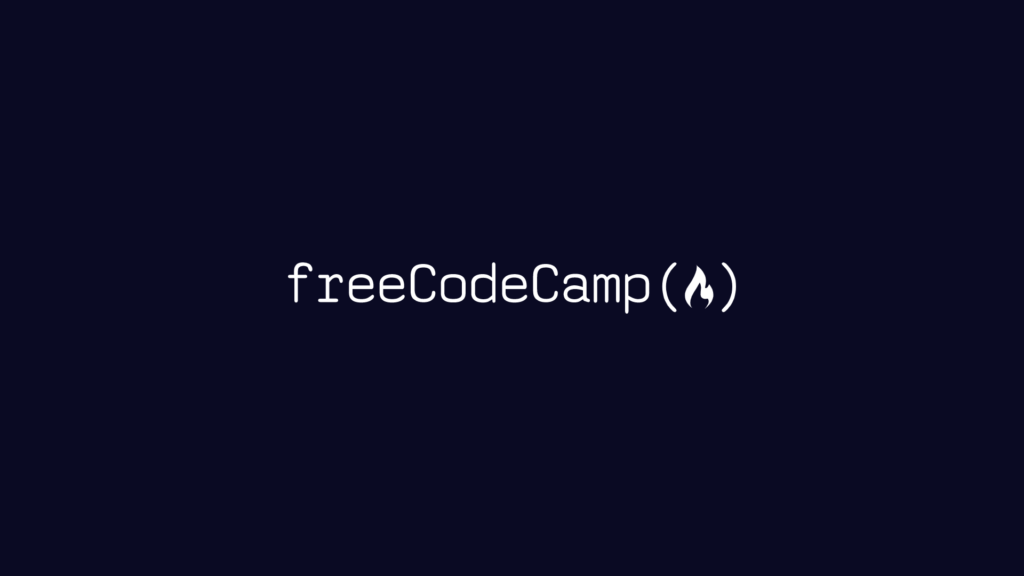Object-oriented programming (OOP) is one of the most essential paradigms in modern software development. It provides a structured way to design and organize code, making it more reusable, maintainable, and scalable. Unlike procedural programming, which follows a linear approach, OOP focuses on creating objects—self-contained units that bundle data and functionality together. This approach not only mirrors real-world entities but also makes complex applications easier to manage and expand.
We just published a course on the freeCodeCamp.org YouTube channel that provides a comprehensive introduction to object-oriented programming using Python. Created by Dan Adams, this beginner-friendly course covers the fundamental concepts of OOP, including classes and objects, attributes and methods, inheritance, encapsulation, abstraction, and polymorphism. Through clear explanations and practical examples, this course will help you develop the skills needed to write clean, maintainable, and scalable code using Python.
What You Will Learn
This course is designed to take learners from the basics of OOP to more advanced concepts, ensuring a deep understanding of how object-oriented programming works in Python. Below is an overview of the key topics covered.
Understanding Classes and Objects
The foundation of OOP lies in understanding classes and objects. A class serves as a blueprint for creating objects, while an object is an instance of a class with its own unique data and behavior. This section explains how to define classes, create objects, and work with attributes and methods to encapsulate functionality within objects.
Attributes, Methods, and Access Modifiers
Objects contain attributes, which store data, and methods, which define the behavior of an object. Python provides mechanisms to control access to these attributes and methods using access modifiers, such as public, protected, and private attributes. This section covers how to use and modify object attributes, when to make attributes private or protected, and Python’s philosophy on data protection.
Getters, Setters, and Properties
Encapsulation is a key principle of OOP that involves restricting direct access to an object’s internal data. This is achieved through getter and setter methods, which control how data is accessed and modified. The course also introduces Python properties, a more Pythonic way to manage attribute access without explicitly defining getter and setter methods.
Static Attributes and Methods
Not all attributes and methods belong to individual instances of a class. Static attributes are shared across all instances of a class, while static methods operate independently of any specific object. This section explains when and why to use static attributes and methods to improve code efficiency and organization.
Encapsulation and Abstraction
Encapsulation helps to bundle data and functionality together while restricting direct access to certain components, making the code more secure and maintainable. Abstraction, on the other hand, focuses on hiding unnecessary details and exposing only what is essential. This section discusses the importance of both concepts and how they contribute to writing clean and efficient software.
Inheritance: Reusing and Extending Code
Inheritance is one of the most powerful features of OOP, allowing developers to create new classes that inherit functionality from existing ones. This promotes code reuse and reduces duplication. The course demonstrates how to implement inheritance in Python, create base and derived classes, and override methods to extend or modify existing functionality.
Polymorphism: Writing Flexible and Scalable Code
Polymorphism allows objects of different classes to be treated as if they belong to the same class, enabling greater flexibility in software design. The course introduces the concept of polymorphism and demonstrates how it can be used to write more adaptable and scalable code.
Why Learn Object-Oriented Programming?
Object-oriented programming is widely used in the software industry and is a fundamental skill for developers working on large-scale applications. Understanding OOP provides several benefits:
-
Improved Code Organization – OOP structures code into modular, reusable components, making it easier to read and manage.
-
Enhanced Code Maintainability – Encapsulation and abstraction help prevent unintended modifications, reducing the risk of errors.
-
Code Reusability – Inheritance allows developers to reuse existing functionality instead of rewriting code from scratch.
-
Scalability – OOP principles enable applications to grow in complexity without becoming unmanageable.
-
Industry Relevance – Many programming languages and frameworks are based on OOP, making it a valuable skill for any developer.
Course Structure
The course is structured to gradually introduce concepts, ensuring that learners fully grasp each topic before moving on. Below is a general outline of the course contents:
-
Introduction – Overview of object-oriented programming and its importance.
-
Creating Classes and Objects – Understanding how to define and instantiate objects in Python.
-
Working with Object Attributes and Methods – Learning how to modify and access data within objects.
-
Encapsulation and Data Protection – Implementing public, protected, and private attributes.
-
Inheritance and Code Reusability – Using inheritance to build more efficient programs.
-
Polymorphism and Flexibility – Applying polymorphism to create adaptable code.
-
Conclusion – Summarizing key concepts and reinforcing best practices.
Start Learning Today
By the end of this course, learners will have a strong understanding of object-oriented programming and the ability to confidently apply OOP principles to real-world projects. Watch the full course on the freeCodeCamp.org YouTube channel (3-hour watch).
Source: freeCodeCamp Programming Tutorials: Python, JavaScript, Git & MoreÂ



